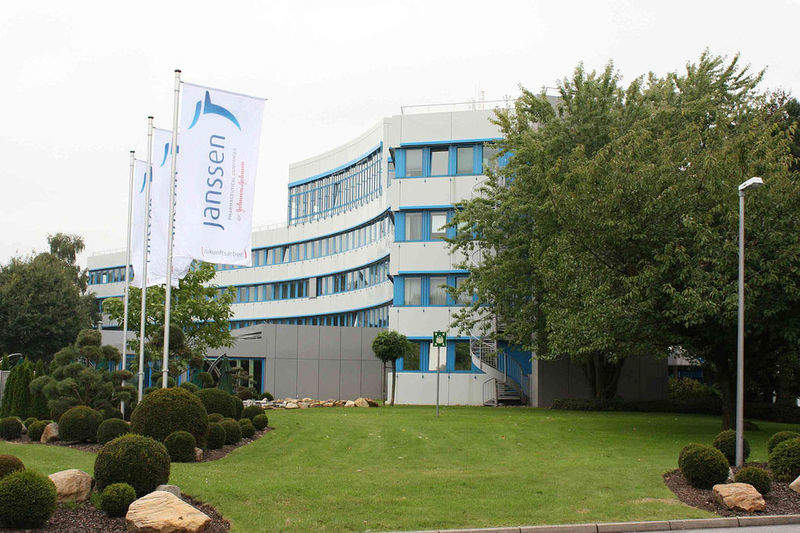
Janssen Pharmaceutical has announced funding from NHS England (NHSE) for Symtuza to treat human immunodeficiency virus type 1 (HIV-1) infection in adults and adolescents aged 12 and above with at least 40kg of body weight.
Symtuza is a once-daily darunavir-based single-tablet regimen (STR). It is a fixed-dose combination of four active substances – darunavir, cobicistat, emtricitabine and tenofovir alafenamide (D/C/F/TAF).

Discover B2B Marketing That Performs
Combine business intelligence and editorial excellence to reach engaged professionals across 36 leading media platforms.
The funding will enable clinicians across England to routinely prescribe D/C/F/TAF to eligible patients.
Janssen-Cilag Health Economics, Market Access and Reimbursement (HEMAR) and Advocacy director Jennifer Lee said: “We are delighted that NHSE has provided vital funding for this treatment option; enabling access for individuals who require a darunavir-based STR to effectively control their HIV, with the potential to support adherence to treatment.
“This milestone reflects our efforts to help simplify the way in which HIV is treated, supporting people living with HIV to achieve an undetectable viral load while enjoying an improved quality of life.”
D/C/F/TAF is said to be the only STR indicated for this patient population combining darunavir’s efficacy and durability with the potentially improved renal laboratory and bone mineral density of F/TAF, compared to F/TDF.

US Tariffs are shifting - will you react or anticipate?
Don’t let policy changes catch you off guard. Stay proactive with real-time data and expert analysis.
By GlobalDataSymtuza gained European Commission approval for HIV-1 treatment in September last year.
In the pivotal Phase III EMERALD clinical trial, D/C/F/TAF demonstrated favourable efficacy and safety in virologically-supressed treatment-experienced adults who switched from boosted protease-inhibitor (bPI) regimens.
Results revealed similar virologic response and rebound rates at week 48 in patients administered with D/C/F/TAF compared to continuing boosted PI regimen of emtricitabine and TAF.
Janssen reported that the data was consistent across subgroups depending on bPI and boosting agent used at baseline. Patients did not develop resistance to the study drugs.
The most common adverse events during the trial were nasopharyngitis, upper respiratory tract infection, diarrhoea, headache, back pain, vitamin D deficiency and osteopenia.




